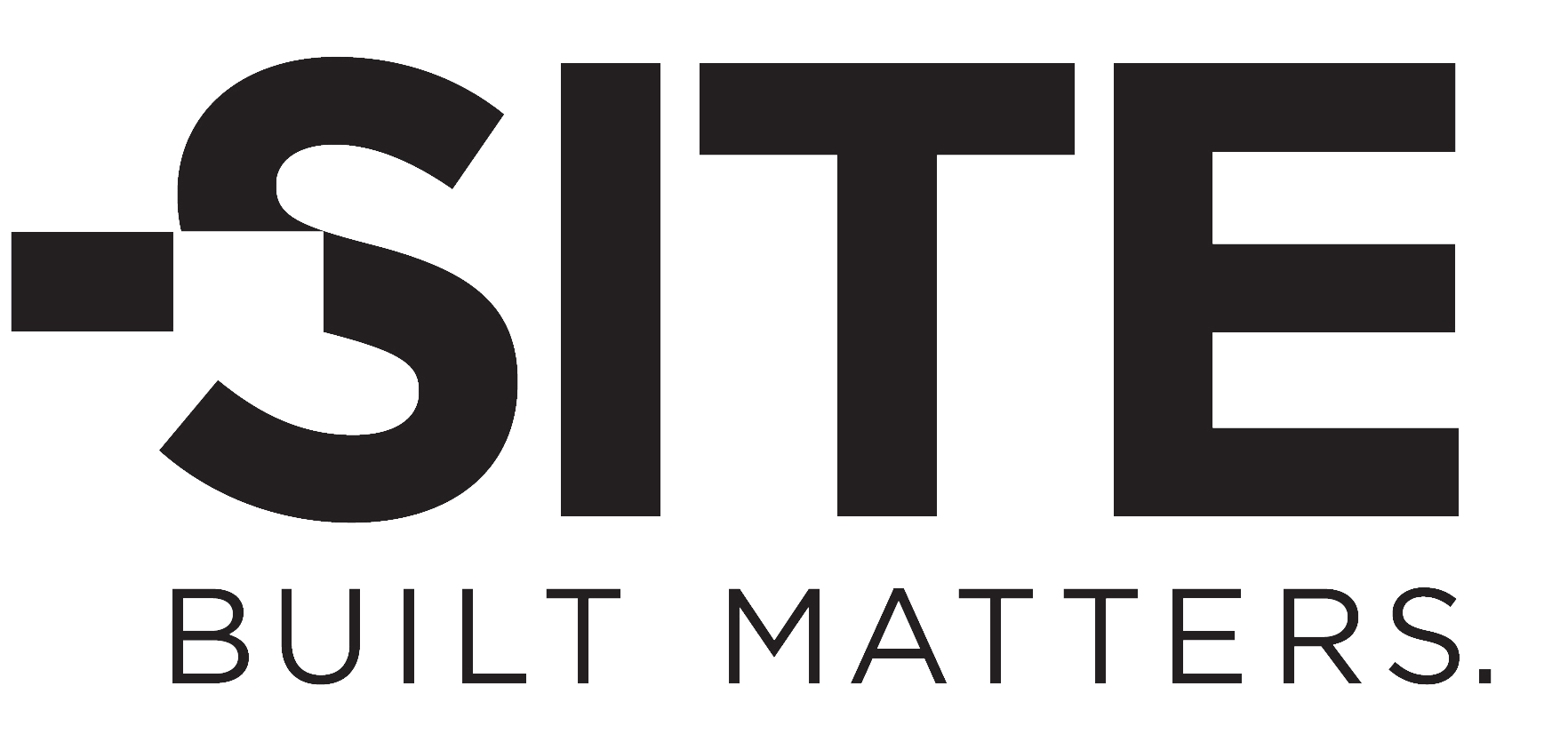SITOPIA
Carolyn Steel // London
Food based lessons from COVID-19
Whatever our world looks like after COVID-19, one thing is for sure: it will not be a return to business as usual. The most disruptive global crisis since the Second World War is also a timely opportunity to rethink our lives in the context of even greater crises that threatened us before the virus struck.
The Stoics taught that nothing reveals life’s preciousness more directly than the threat of its imminent loss. By bringing us closer to death, the virus has arguably done many of us a favour, by reminding us of what really matters in life. In lockdown, many of us have rediscovered what really makes us happy, both in what we suddenly have time for (cooking with our family, growing vegetables, reading books, mending things, smelling apple blossom) and what we are denied (socialising, cafes and restaurants, concerts, travel, sport, and some forms of work). What very few of us seem to miss, however, is our old hamster-wheel existence: one recent UK study found that just 9 percent of Britons wanted life to go back as it was before lockdown.
Beyond the domestic realm, COVID-19 has also shone a light on the state of the world when the clocks stopped. The fact that the outbreak began in a Chinese wildlife wet market tells its own story: our relationship with nature is dangerously out of kilter. Industrial food production has critically weakened biodiversity, while our encroachment on wilderness exposes us to deadly new disease. Experts have long warned of such dangers, yet it was only when supermarket shelves were stripped bare during lockdown that the threat became real for many Westerners. The sight came as a shock; in that moment, the illusion of effortless plenty was shattered.
One irony of the pandemic is that it has achieved what years of political posturing in the face of global threats had signally failed to do: make us realise quite how fragile our place is on earth. Like all crises, it has given us power to see: to distinguish good from bad, virtue from folly, essential from needless. COVID-19 has reminded us of many things: the power of nature, our interdependency, the true value of the “key workers” (the clue was always in the name) who sustain our lives. The best thing that could come out of this crisis is that we learn these lessons for good—and rebuild our lives around them.
As I argue in my recent book Sitopia (from the Greek sitos, food + topos, place), there is no better way of doing this than through food. As Covid-19 has shown us once again, food is the sine qua non of life; the greatest force shaping our world, binding us to nature and one another. We live in a food-shaped world—a sitopia—yet we live in a bad one. We’ve based our lives on the premise of cheap food, yet no such thing ever existed. Climate change, mass extinction, deforestation, soil depletion, pollution, pandemics, and diet-related disease (responsible for most of the “underlying health conditions” that make us so vulnerable to COVID-19) are just some of the externalities of the way we eat. If we are to rebuild our lives in a way that addresses all the existential threats we face, our most direct path will be to revalue food, with all that implies.
Lockdown has already shown us some of the ways we might do this: people are taking pleasure in food again and sharing it with friends and neighbours, great chefs are cooking in schools and local producers creating new supply chains to sell directly to consumers. In contrast to Naomi Klein’s concept of “disaster capitalism” (which remains a major threat), I call this “disaster democracy”: the discovery, in adversity, of what really matters in life: health, security, love, friendship—and food. With political vision, such resilience could form the basis of a new post-COVID-19 life, with more regional food systems, closer ties between city and country and more flexible and adaptable buildings in which to live, work, grow, and play. All would of course need to be supported by strengthened global governance: a new social contract based, not on profit and consumption, but on resilience and collaboration.
By deriving joy from simple things, we can grasp what the Stoics knew but capitalism has long obscured—that good lives don’t have to cost the earth. Social resurgence has always revolved around food; the shared problem of how to eat, after all, was how we evolved as a species. It is only in times of scarcity that we remember what food really is. Food is life. If we treat it as cheap, we cheapen life itself.
Author Bio:
Carolyn Steel is a leading thinker on food and cities. A London-based architect and academic, she is the author of Hungry City: How Food Shapes Our Lives (2008) and Sitopia: How Food Can Save the World (2020).


